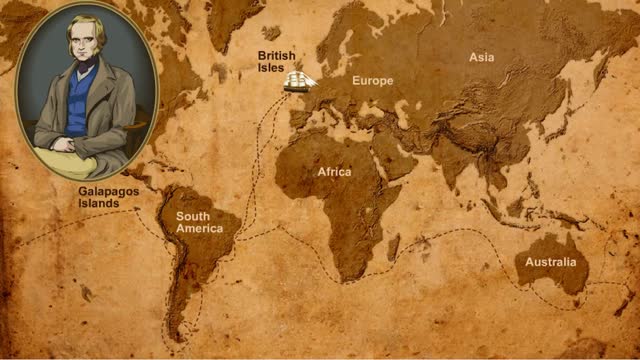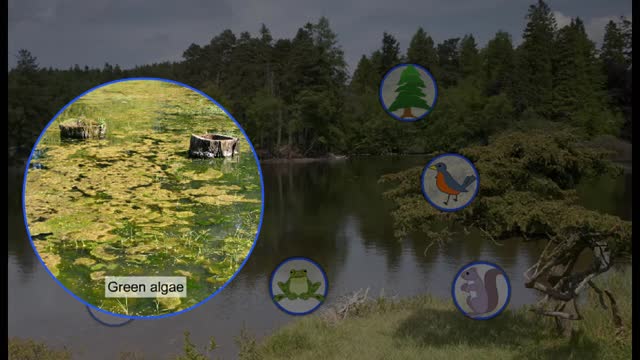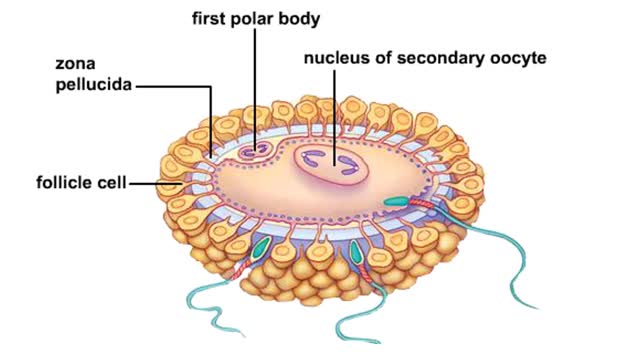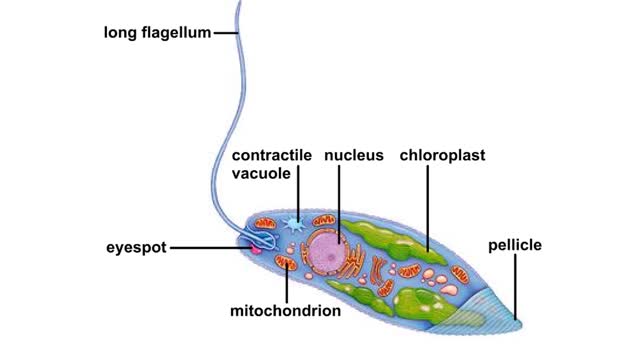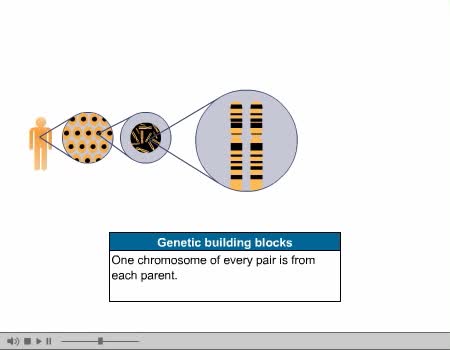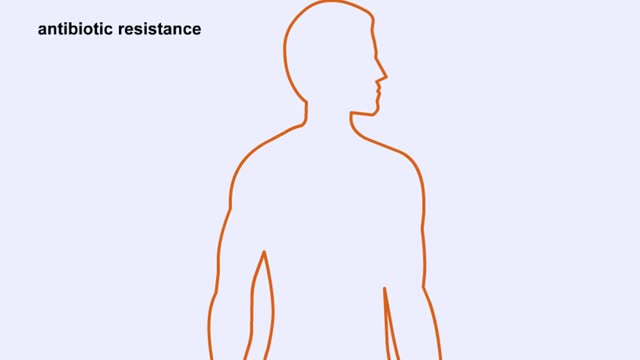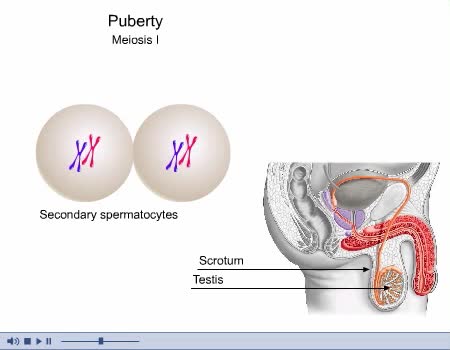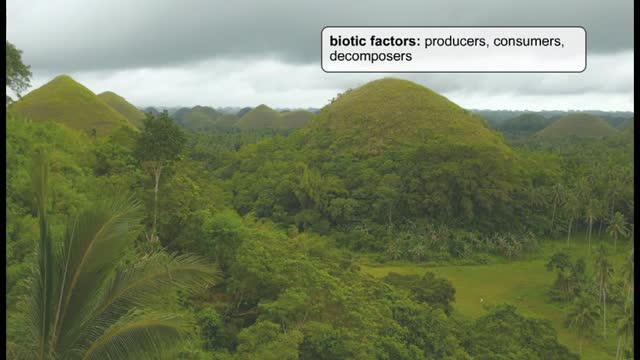Search Results
Results for: 'Diploid organisms'
Diversity of Living Creatures - Charles Darwin & the Beagle's Voyage
By: HWC, Views: 10534
As we look around at the living creatures on Earth, we see a great amount of diversity. In some cases, the differences are quite noticeable, like the differences between plants and animals. Some differences are not as easy to see, like the differences between two species of lizard. How did all...
Global warming and its effect on climate change
By: HWC, Views: 10538
Global warming, habitat destruction, and pollution are all hot topics in the news. Environmentalists are concerned that many of these factors will lead to the loss of species. But how will this happen? One way to think about the environment is as a finely-tuned, high performance engine. If one...
Rh blood type and complications during pregnancy & Fertilization
By: HWC, Views: 8439
Complications can arise if an Rh- woman is impregnated by an Rh+ man. The fetus maybe Rh+. During childbirth, some of the fetal Rh+ cells may leak into the maternal bloodstream. The woman's immune system views the Rh+ as foreign and makes antibodies against it. If the woman becomes pr...
Body plan of euglena Animation
By: HWC, Views: 5342
Euglenoids are single-celled organisms that live in lakes and ponds. A contractile vacuole pumps out the water that diffuses into the cell from its hypotonic surroundings. The body is covered by a translucent pellicle composed of flexible strips of a protein-rich material. Light passe...
By: Administrator, Views: 13994
Genetics is a branch of biology concerned with the study of genes, genetic variation, and heredity in organisms. Gregor Mendel, a scientist and Augustinian friar, discovered genetics in the late 19th-century. Mendel studied "trait inheritance", patterns in the way traits are handed down from p...
Natural Selection, Species Isolation and Real World Example
By: HWC, Views: 10361
`Natural selection' is the process in which organisms with adaptive traits survive and breed in greater number than organisms without such traits. Eventually, almost all of the individuals in the population will have the same adaptive trait. This was the concept presented by Charles Darwin in ...
By: Administrator, Views: 14408
Spermatogenesis is the process by which haploid spermatozoa develop from germ cells in the seminiferous tubules of the testis. This process starts with the mitotic division of the stem cells located close to the basement membrane of the tubules. These cells are called spermatogonial stem cells. T...
Photosynthesis and Van Helmont Experiment
By: HWC, Views: 10187
All energy on Earth comes from a star, the Sun. Light must travel 160 million kilometers to reach Earth where plants capture this light energy and convert it to chemical energy in the form of sugars. This biochemical process is called PHOTOSYNTHESIS. The summary equation for photosynthesis is ...
By: HWC, Views: 10729
An ecosystem is a community of organisms and their environment. The community forms the living component of the ecosystem. These are called the 'biotic' factors, which means all of the living things in the ecosystem. The environment forms the nonliving component of the ecosystem, such as ...
Advertisement



